Interview:
Kirk Field
Interview:
Kirk Field
Our raving reporter returns, so to speak, ears still ringing, only to find the war on culture is still being fought… Not in a muddy field at dawn, but on a bureaucratic customs form.
Some books contain dangerous ideas. Seditious philosophies, uncomfortable truths or calls to start a revolution. And then there are books that are just… books. Memoirs filled with hazy recollections of hedonism, youthful abandon, and the unifying thud of a 4/4 beat.
You’d think a memoir about raving would be the least of a nation’s worries. You’d be wrong.
Meet Kirk Field. Veteran chronicler of the acid house explosion, former TNT writer and correspondent for a bible-sized stack of dance music titles like Mixmag, Ministry, and DJ Magazine, and the man whose latest book, Planes, Trains, & Amphetamines, has officially pissed off the Australian government. In an act of bureaucratic paranoia that’s almost comical, if it wasn’t so fucking sinister, the Australian Border Force has impounded copies of his book on, of all things, “biosecurity grounds.”
He’s seen the official escalation notice. “They’ve upgraded it to red line status, which means it’s deemed an official threat to, to Australia,” Field tells me, a note of genuine bewilderment in his voice. An official threat. Let that sink in. A book of stories about dancing in fields thirty years ago. He jokes about it, but the absurdity is real. “I’ve suggested that in future shipments my publisher uses the subtitle on the customs labelling! I love the idea that they are studiously reading all about adventures a generation of Australians had in London! I guess it makes a change from intercepting apples from backpacks!”
It’s a perfect, if frustrating, PR storm. The book banned by the man is always the book everyone wants to read. As Field wryly notes, “it shot up 10 places in, in the last few hours in the Amazon charts.” But what’s in this supposedly seditious text? What culture are the Aussie authorities so terrified of people remembering? It all comes back to a scene Field himself helped to chronicle and define: a forgotten chapter of rave history he calls the “Downer Underground.”

Before the turn of the millennium, the identity of the young Australian in London was a tired cliché. It was pints, Pamplona, and a perverse pride in provincialism, all soundtracked by Jimmy Barnes. It was, as Field so poetically puts it, a culture of “baked beans over their tits.” It was loud, lairy, and utterly detached from the cultural sea change happening just a few miles away.
From 1995 to 2002, Field was the architect of a new narrative through his clubbing section for TNT Magazine. His column, ‘Livin’ Large’, became the sacred text for a new tribe of Antipodean expats. “What started as a quarter page every fortnight grew into a double page spread every week, such was the fervour and energy in London nightlife at the time,” he recalls. It was more than just a listings guide; it was a living document of the scene. “It was part diary and part listings with after dark anecdotes, gossip and even drug warnings about adulterated pills; years ahead of its time. I’d road-test new fads like Oxygen canisters and Absinthe when it was relaunched.”
He gave this emerging movement a name and an identity. The ‘down under-ground’ was born, swapping the running of the bulls for a different kind of stampede. As Field memorably dubs it, they were “running with the pills rather than running with the bulls.” A new breed of promoter emerged, catering specifically to this energy. These weren’t big-name impresarios flying in superstar DJs. This was a DIY culture built from the ground up by “homegrown talent; bedroom DJs who honed their art in yard parties in Acton and underground warehouse parties playing fast-tempo hard house.”
With this very capable cohort, “it wasn’t about the DJs,” Field insists. “Like the orbital raves… the name of the party was the attraction.” Brands like Fevah, run by Kiwi promoters, and Heat UK, the brainchild of two property entrepreneurs, became legends. “They were the Cream or Hed Kandi of the era for antipodean clubbers and as big as any club brand in London at the time.” It’s a delicious irony that the very culture he documented is now being blocked by the country it came from.
Listening to Field, the most striking thing is the clarity. It begs the question every veteran of that era asks themselves: how the hell do you remember any of it? For most of us, the ’90s are a series of strobing flashbacks. Field, however, has a methodical approach to archiving the anarchy: combing through his published works, reinforcing key events through years of oral storytelling, and cross-referencing his memories with mates who were right there with him.
The result of this meticulous process is his first book, Rave New World, the UK’s best-selling book on the early rave era and winner of an ARIA award for its audiobook. When I ask why it resonated so deeply, he’s characteristically modest. “That’s something to ask my readers and listeners! I hope it’s down to the honesty and authenticity,” he says, before adding a crucial caveat. “I always maintain it may not be the best book covering the 90s rave scene, but I hope it’s the funniest.”
This gets to the heart of his philosophy. In a scene that can often deify its own history, Field is determined to remember the joy and the absurdity. “I think there’s a tendency to forget that at the heart of the culture it’s a celebration; a party. Its a release as well as an artform,”he explains. For him, the real story often happened far from the hallowed ground of the DJ booth.“What happened off the dancefloor, on the way there or at home (or at the random crack on session you wound up at!) is as important as what mix of the house anthem the DJ played… We go out to have fun, to escape. My work was to document and reflect that.”
Every revolution eventually gets co-opted. Field witnessed this transition firsthand, from the lawless anarchy of the free party scene to the corporate behemoth that is the modern festival. His marker for this change? Glastonbury.
“1990 was the last time that it was Mad Max rather than Pepsi Max,” he says, nailing the dynamic in a single, perfect phrase. The golden era, in his eyes, was “’94 to ’99. And that’s before the BBC really got their grips… stuck into it.”
Now, he looks at the landscape with a sense of dismay. The intimacy is gone, replaced by spectacle and a cavernous gap “between the crowd and the DJ. You could drive a fucking train through there… That’s not good for connection, which is why people are going to those places in the first place.” When production dwarfs connection, something essential is lost. But the pendulum always swings. The more sanitised the mainstream becomes, the more vital the underground gets.
This mission to document the real, messy, and hilarious side of club culture is the driving force behind his new book, Planes, Trains & Amphetamines: Clubbing Holiday Confessions. It covers the 20 years he spent in the wild west of clubbing tourism, taking wide-eyed Antipodeans to Amsterdam, Hamburg, and Ibiza, steering a course through “9/11, volcanic ash clouds, North Sea Storms and avalanches.”
It’s a world fraught with peril, especially when dealing with first-time international travellers. “Culturally naive and unused to international travel, they are more likely to become incapacitated by drink… be involved in a road accident… or lose their passport,” he explains. This brings him to the story of Jade, a cautionary tale for the ages.
After a panicked call about a lost passport, Field gave her the standard, sensible advice: report it, go to the consulate, and borrow the £200 it would cost to get an emergency travel document. Jade ignored it. She was sure it would turn up, and if not, her backup plan was to simply “show them her Facebook page” as photo ID at the airport. On departure day, she remembered stashing it in the hotel safe, but couldn’t recall the code. After getting reception to open it, she called back, “blubbering that someone must’ve taken it as the safety deposit box was empty.”
She was, as expected, refused boarding. Then, Field got a call from the hotel. They’d found her passport. “It was in the microwave.”
This is the core of Kirk Field’s story. It’s not just about drugs, music, and staying up all night. It’s about a search for something better, a brief, shining moment when a generation built its own world. When I ask him to pick one track to explain the entire scene to a visiting alien, his choice is telling: Joe Smooth’s “Promised Land.”
Why that one?
“Because it’s euphoric. It’s gentle. It’s unifying. It’s aspirational,” he explains. “The thing about rave is that there’s hope. We’re striving… One day, brothers, sisters, we will be free from fighting and violence… It’s basically a national anthem for utopia.”
And maybe that’s what the Australian Border Force is so afraid of. Not the drugs or the hedonism, but that indestructible idea of utopia. It’s a spirit he continues to champion on stage with his spoken word shows as ‘The Rave Raconteur’, mixing the “Three H’s: history, hedonism and humour.” In an age of digital ghosts and disembodied content, his reason for performing is a powerful mission statement in itself, a final middle finger to the sanitised, the synthetic, and the state-controlled.
Why do it? Why walk onto a stage and tell these stories in person?
“Because AI can’t!” he says, with a defiant spark. “Believe me, we are moving into an era when publishers will create fake authors using AI… By walking onto a stage I’m reassuring my readers that the person inviting them into filled (mis)adventure, escape and derring do, is real.”
And in a world drowning in the fake, what could be more of a threat than that?

‘Planes, Trains & Amphetamines: Clubbing Holiday Confessions’ by Kirk Field (Velocity Press) is available from www.kirkfield.net The audiobook is available on Spotify and Audible. Kirk’s first book ‘Rave New World’ is also a fantastic read for anyone wanting to recollect or discover what the early days of the rave scene was like!


